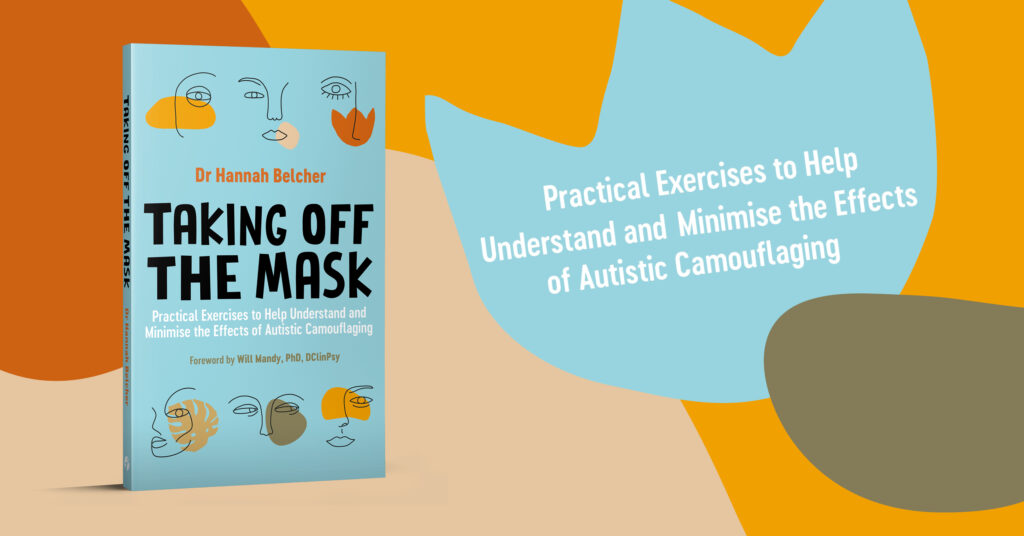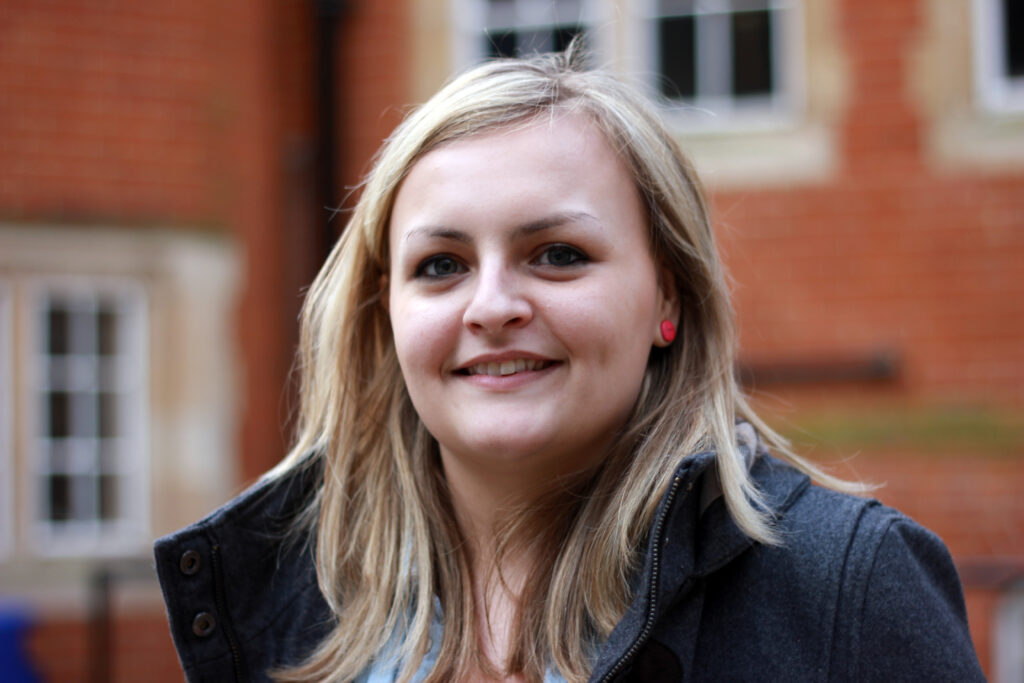
Masking and Learning Self-Compassion
In this Q&A blog, author and academic, Dr Hannah Belcher explains what masking is, provides insights and advice surrounding stereotypes, and discusses the importance of growing your self-compassion.
To those reading who might not be aware of the specifics, what is masking?
Masking, also referred to as ‘camouflaging’ sometimes, is when an autistic person either consciously or unconsciously uses strategies to hide their autistic traits and to ‘fit in’ with non-autistic people and their cultural and social norms. For example, many autistic people find repetitive body movements soothing, like hand flapping, however, in order to appear ‘less autistic’ they may avoid doing this in public or around others. They might also copy others’ social behaviours, communication styles, and movements too to appear non-autistic. Many autistic girls in particular often mimic their friends or people around them that they look up to so that in social settings their autism becomes camouflaged. These strategies are often the result of early social trauma, and many of us do them without even realising.
How is masking different from ‘putting on a brave face’? Are there any other stereotypes around masking you think are harmful and hope to dispel?
Every human learns to copy the behaviour of others and most want to fit in and be liked by those around them, so they may too copy others mannerisms for example. However, the difference is that for a non-autistic person to fit in with non-autistic cultural and social norms, it is much easier and less resource intensive than an autistic person trying to do this. It also isn’t as constant and most non-autistic people don’t have to do this all the time. It’s common in childhood and teenage years but then peters out in adulthood when identities settle. However, autistic people find they need to keep this up all day, every day, for most of their lives. That means using up valuable resources that could be used elsewhere, leading to burn out and exhaustion. It also causes significant mental health issues as a result and is often the result of early social traumas caused by ‘being different’ to the majority of people around them. It’s more than just trying to keep a good rapport going, it’s in effect having to learn to fit in to a completely different culture and way of being. It’s fuelled by stigma, bullying, and the anxiety of being ‘caught out’ as different.

Can you tell us a little bit more about how your clinical experience has informed the way in which you’ve written the book?
I am an academic whose research has focussed on the late and missed diagnoses of autism in women specifically, and how this is linked to camouflaging/masking and mental health. Through my research I’ve met many autistic people who have described the effects that autistic masking has had on them, but how deeply they fear not keeping up the mask. It seemed to me that the heart of the issue was one of belonging. I’ve spent much of my adult life in and out of therapy, and many of my issues came down to the fact I’ve never felt I’ve belonged and have been constantly burning myself out trying to fit in with those around me. So I wanted to write a book that summarised the most helpful therapeutic techniques I’ve learnt, but also one that was filled with lived experience and tips from others, as we’re all so different and find different things useful.
Would you like to share the one practical tip you think every autistic person should be aware of when it comes to re-connecting with themselves?
I think my top tip would be to learn self-compassion. Because without that we will continue to dislike ourselves and beat ourselves up for being different compared to others. It’s impossible to re-connect with yourself or learn to take off the mask if you don’t like yourself or care for yourself to begin with. But for many of us we’ve been trying to fit into non-autistic culture for so long, and we’ve always been told that it’s us that needs to change and learn new skills to fit in, we don’t know how to like ourselves or even be kind to ourselves. Self-compassion isn’t about learning to love ourselves, it’s just about learning to accept ourselves and to be compassionate about our differences, like we would for others around us. At first being self-compassionate involves retraining our brains and the automatic thoughts we have, it doesn’t feel natural, but over time instilling new more compassionate thoughts will become automatic.

How do you hope Taking Off The Mask might help those who read it, and people around them?
I hope at the very least that the people who read it will feel less alone and realise there’s lots of us out there who are also struggling with similar things. But I also hope it helps others to be more compassionate and kinder to themselves, and helps them understand their masking a little better. The more we understand our behaviours, the more we can learn to advocate for ourselves. For other non-autistic people reading it, I hope they realise how much effort we are all having to put in daily to ‘fit in’, and I hope they learn instead ways that they can adapt for us too so we might not feel the need to mask as much as we do.
Dr Hannah Belcher’s book, Taking Off the Mask, is out now.
If you liked this article, why not join our mailing list to receive exclusive content and discounts? Sign up to the mailing list here.